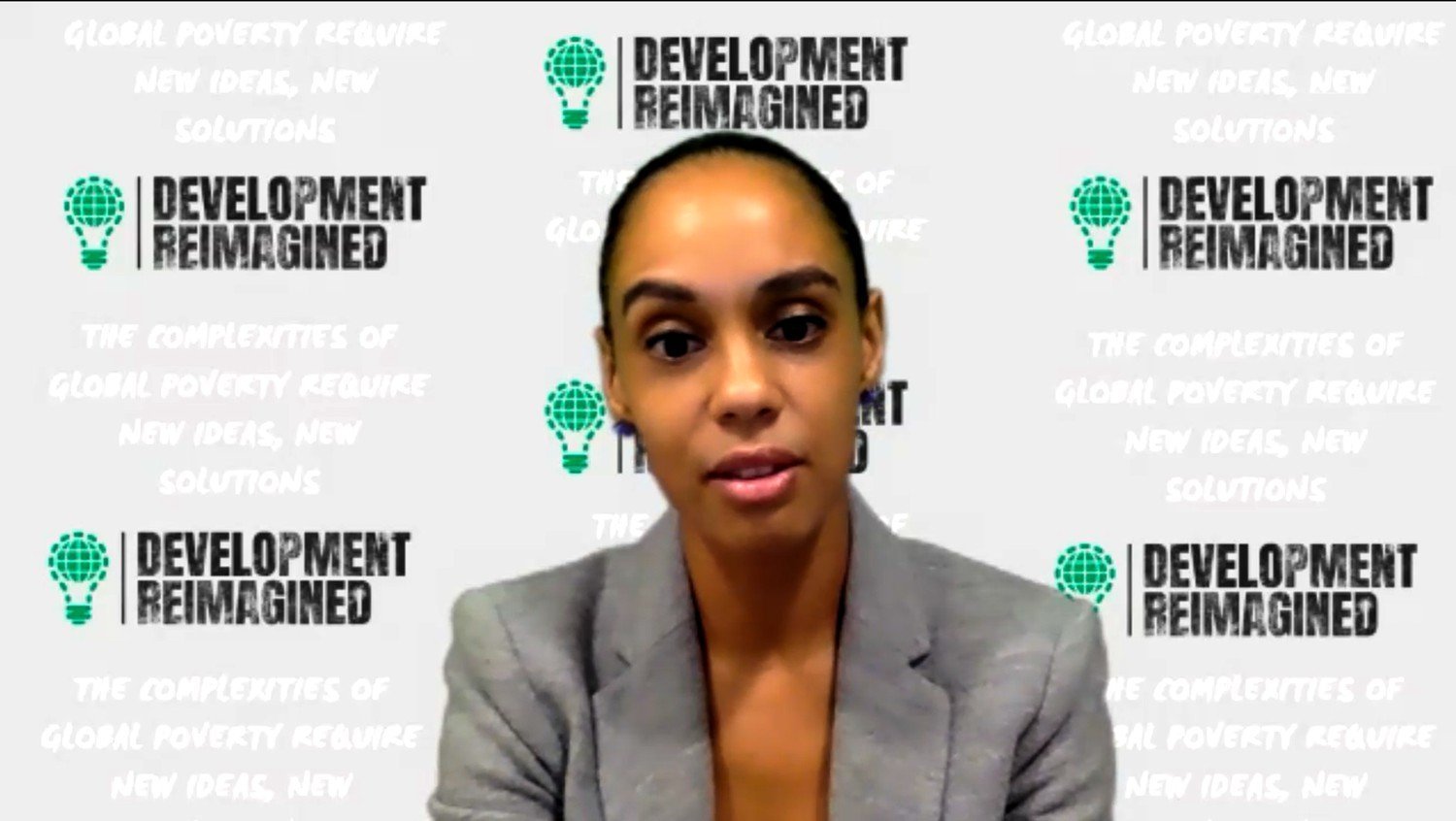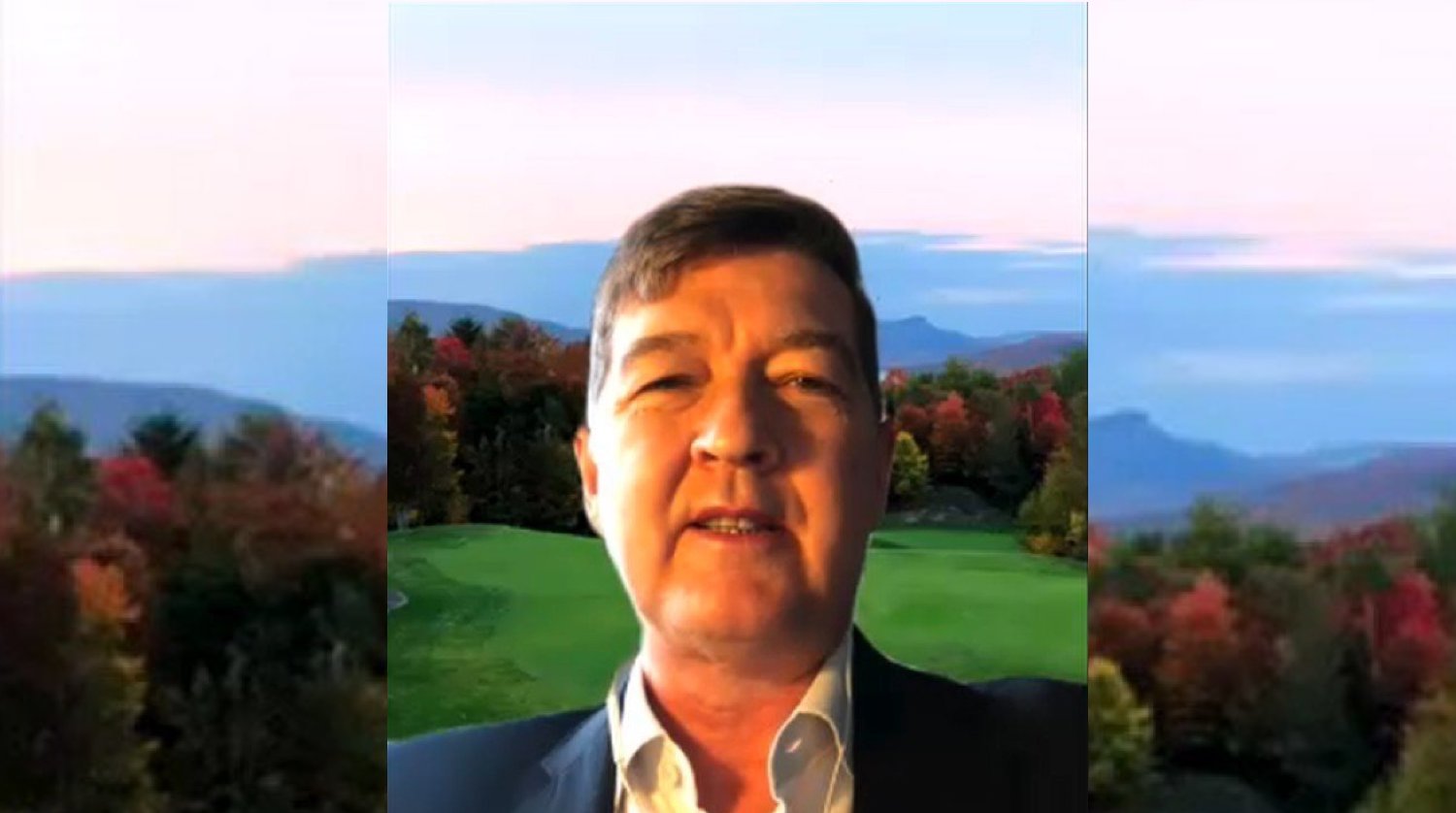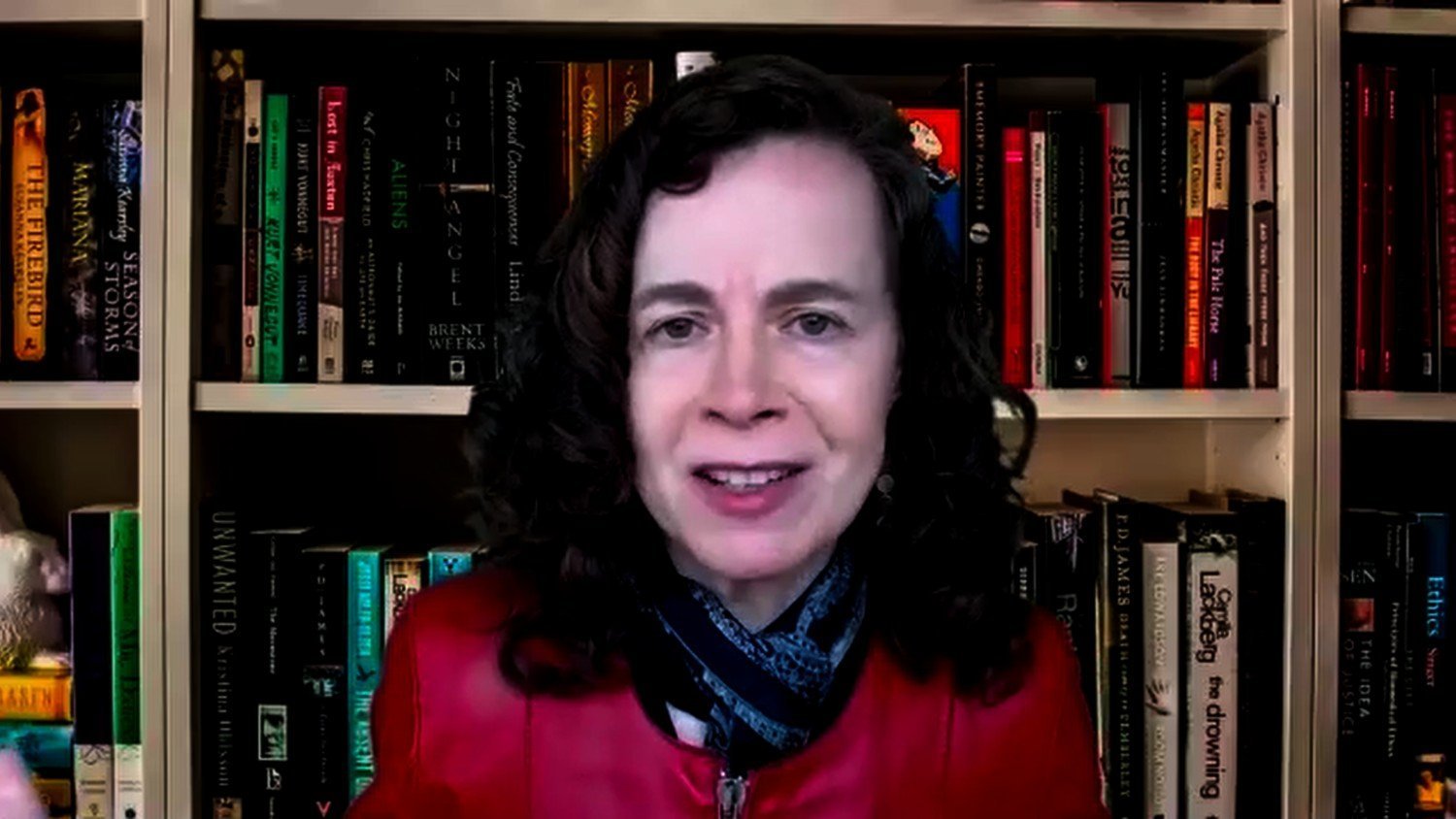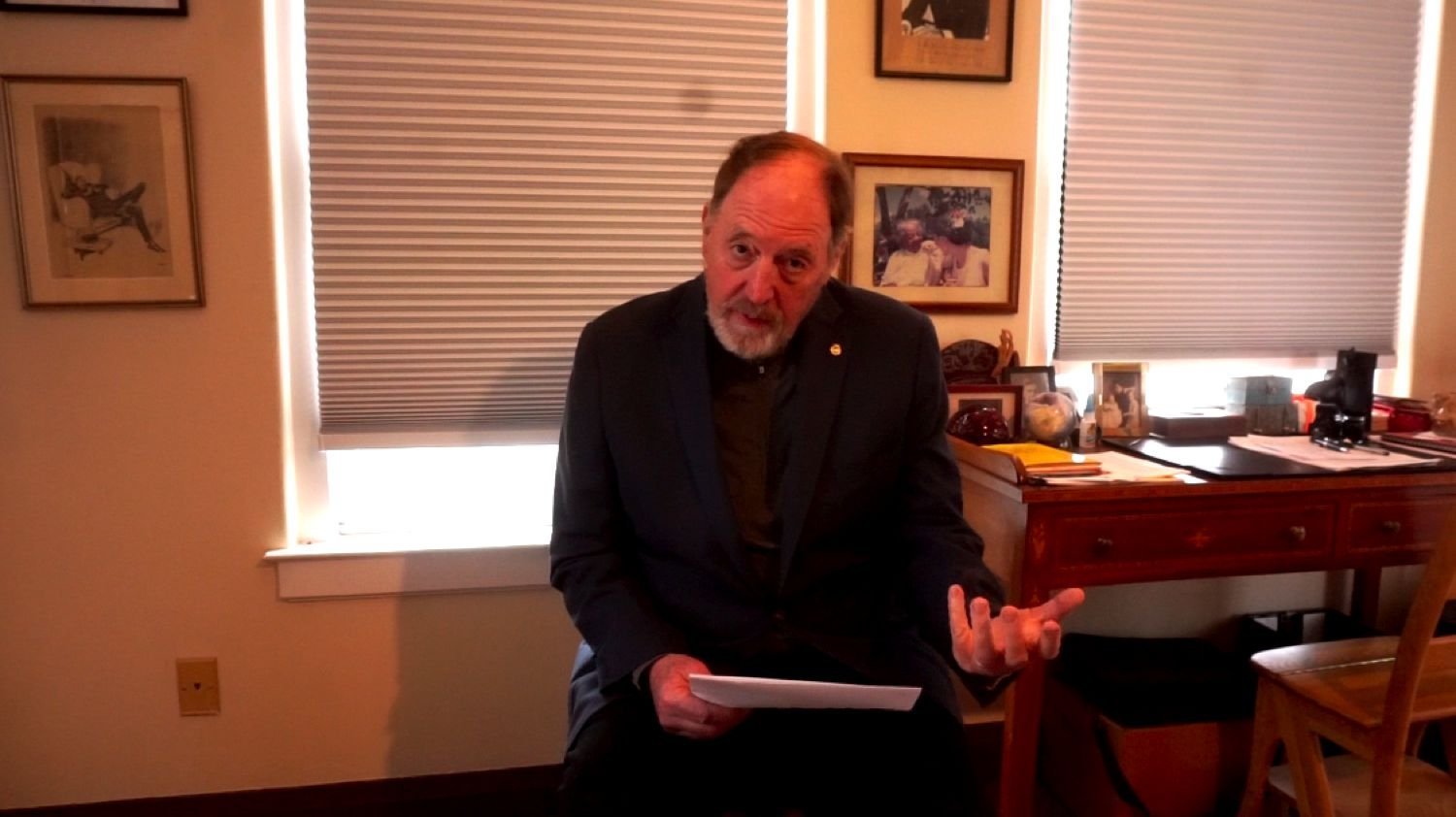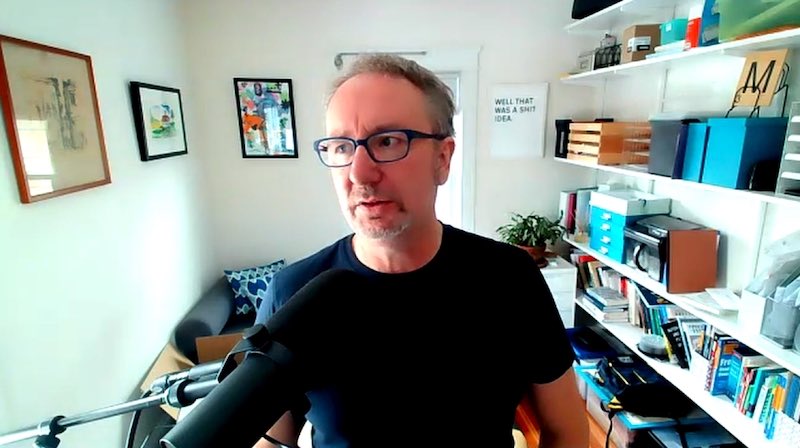S02 Preview
A brief preview from the first interview of the Age of Economics’ Season 02.
1. Can our current economic system (our economic civilization) and the way it is designed, operated and managed, achieve ecological / environmental sustainability?
In summary, the importance of the question lies in its implications for the future of our planet, the well-being of current and future generations, the stability of economies, and the need for collective action to address pressing global challenges. It encourages us to critically evaluate and reshape our economic system to ensure its compatibility with the long-term health of our environment and society.
2. What are the most critical ecological threats now and in the future? And their social and economic consequences?
The question about the most critical ecological threats and their social and economic consequences is crucial because it sheds light on the challenges that have the potential to disrupt ecosystems, economies, and societies on a global scale. Understanding these threats and their impacts is essential for informed decision-making, policy formulation, and collective action. The question’s importance lies in its role as a wake-up call, highlighting the urgency of addressing these threats. Their interconnectedness underscores the need for holistic solutions that consider ecological, social, and economic dimensions. By understanding these challenges and their consequences, societies can make informed choices, develop strategies for mitigation and adaptation, and work towards a more sustainable and resilient future.
3. How can we integrate ecological considerations into economic decision- making? Do we need dramatic social transformations? Who – or which forces – are preventing meaningful change?
Integrating ecological considerations into economic decision-making is a complex task that involves reimagining how economies operate and shifting the way we value and account for natural resources and ecosystem services. While the extent of required social transformation can vary, significant changes are often necessary to address ecological challenges effectively. The importance of this question lies in the urgency of addressing ecological crises. Failing to integrate ecological considerations into economic decision-making risks irreversible damage to ecosystems, exacerbation of social inequalities, and economic instability. Meaningful change requires confronting entrenched interests and adopting a long-term perspective that prioritizes the well-being of both current and future generations. It also highlights the need for collaboration among governments, businesses, civil society, and individuals to drive transformative change toward a sustainable and resilient future.
4. Can innovation (e.g.: geoingeenering, artificial intelligence, etc.) play a transformative role in the whole discussion?
The question of whether innovation, including geoengineering and artificial intelligence, can play a transformative role in the discussion of ecological sustainability is highly important due to its potential to shape the trajectory of our response to ecological challenges. Innovation has the capacity to both mitigate and adapt to ecological threats, but it also brings ethical, social, and practical considerations. Innovation holds significant promise, but its effectiveness depends on responsible development, careful consideration of potential risks, and ethical engagement with the complex issues at hand. The question’s importance lies in its potential to redefine the boundaries of what is achievable in terms of ecological sustainability, and the necessity to critically assess and guide these innovations toward outcomes that benefit both humanity and the environment.
5. Kindly select a particular subject that combines ecology and economy and holds significant interest for you. This could be a place, a technology, a phenomenon, or even an idea or theory or ideology.
In a series of interviews, having each interviewee choose a special issue about economics and ecology that holds significant interest for them can offer several benefits: diverse perspectives, engagement and passion, in-depth exploration, expertise showcasing, audience engagement, personal connection, highlighting diversity, awareness and education, surprising insights, encouraging exploration. In essence, this approach allows the series to capitalize on the individual strengths, interests, and expertise of each interviewee, resulting in a rich and diverse collection of discussions that collectively offer a comprehensive view of the relationship between economics and ecology.

